Facebook's Oculus is apparently in the early stages of developing a standalone mobile headset, with use cases like watching a movie on a plane, without needing a connected computer or smartphone.
Bloomberg's Mark Gurman believes that Oculus is seeking to expand to stand-alone devices, setting it apart from existing offerings necessitating a smartphone like Google Daydream or Samsung Gear VR. According to Thursday's report, the device will be driven by a Snapdragon processor of some sort, and will hit $200 price point at some point in 2018.
The device allegedly is code-named "Pacific" and on the exterior resembles a compact version of the Oculus Rift. It will feature Oculus branding in most of the world, and Xiaomi in China — probably because of Oculus executive Hugo Barra's involvement with the company prior to coming to Facebook.
The first iteration of the technology is not expected to include positional tracking — but it is allegedly on the road map for the future, according to sources familiar with the matter contacted by Bloomberg.
The rumored headset may not be a surprise, however. In October, Facebook CEO claimed that it had plans for a similar device, to attempt to take the technology main-stream.
"We all know where we want to improve and where we want virtual reality to eventually get — It's this feeling of real presence," said Zuckerberg. "We want hardware that's a lighter form factor and smaller, that can do both VR and AR, that can do eye tracing and mouth tracking and hand tracking."
The device may fight fairly significant headwinds, however. HTC and Lenovo are expected to rollout standalone headsets with Google's Daydream OS for release in 2017, as is Samsung based on Oculus technology.
Apple's ARKit will ship with iOS 11 in the fall. and instantaneously make iOS the largest AR platform, based on deployed devices.
Asked about the prospect of Apple-branded virtual and augmented reality products in the fall of 2016, Apple CEO Tim Cook said that while VR, such as that delivered by Oculus, promises "cool" applications for gaming and education, AR technology is of particular interest.
"There's virtual reality and there's augmented reality — both of these are incredibly interesting," Cook said to Roberts. "But my own view is that augmented reality is the larger of the two, probably by far."
 Mike Wuerthele
Mike Wuerthele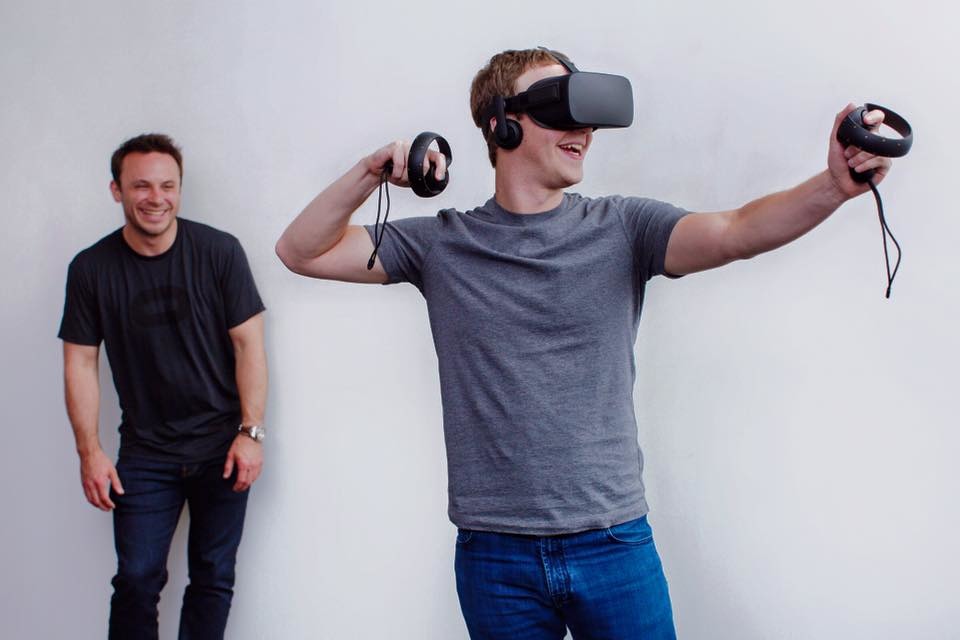

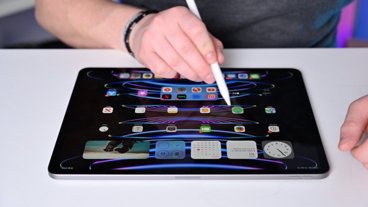
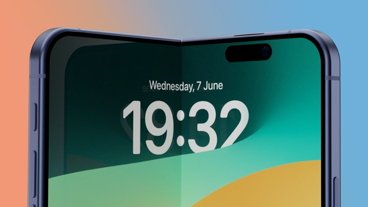

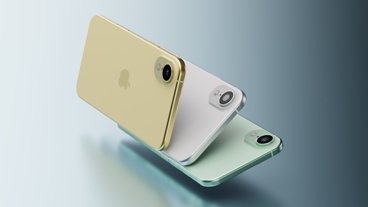









 Sponsored Content
Sponsored Content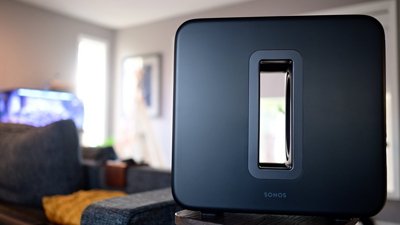
 Andrew O'Hara
Andrew O'Hara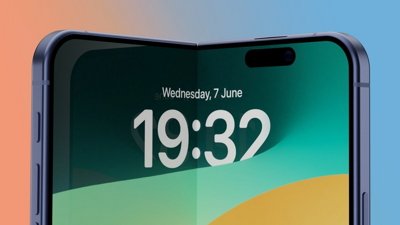
 Charles Martin
Charles Martin
 Christine McKee
Christine McKee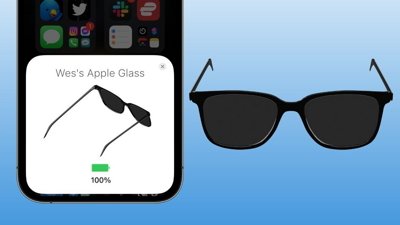
 Malcolm Owen
Malcolm Owen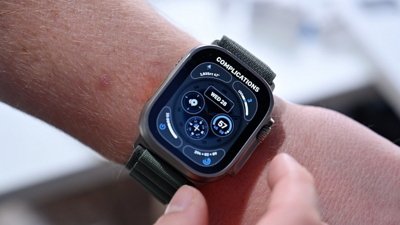
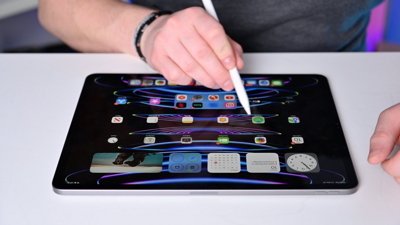
 Mike Wuerthele and Malcolm Owen
Mike Wuerthele and Malcolm Owen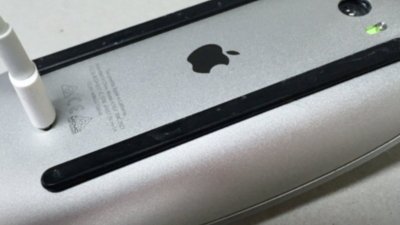





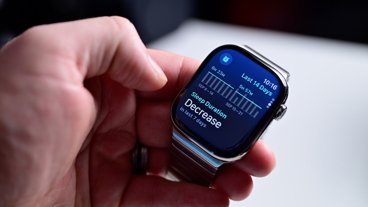


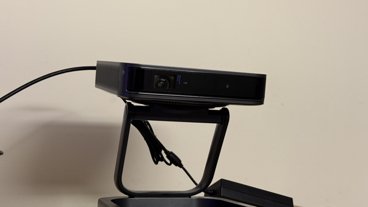

20 Comments
They can sense the storm that's coming. Apple is going to turn the AR world upside down (as small as it currently is) and then greatly expand it. Everyone will be scrambling to catch up.
I wonder how the employees at Sensomotoric, Flyby Media, Metaio and others that were working on AR feel now? They've gone from a small niche market to find themselves part of the worlds largest AR platform. I imagine it must be pretty exciting to see.
A real question: what can VR provide that the majority of consumers would want? Keeping in mind they would have to purchase and wear some sort of head gear.
So, how is that fighting against Apple, seems like something totally different.
Though, obviously they both will end up stretching the AR and VR world wide open.
I'm not sure there is a VR market even in 5 years for standalone multi-hundreds of dollars devices. It seems a niche even if I give it the benefit of my doubts about what it will do for people and how much people want to sit around with goggles on and stare into space. I say that sort of kidding, but there does seem to be a 'people look really dumb' wearing them thing going on and that is not easy to overcome. UNLESS it offers something so truly amazing it all changes. But I haven't see what that AMAZING thing is.The Photo of Zuckerberg with this article doesn't help VR's case.
Why is Apple their target? Apple doesn't yet have even one AR/VR product. Wouldn't they be going up against Microsoft, Samsung and Alphabet? Everyone has already said that Apple is too late to the AR/VR party so why do they even mention fighting Apple? Apple should definitely concentrate on AR at first on mobile devices. VR is just too power-hungry when it comes to battery life. Still, even with Apple being able to launch AR on the largest ready-made platform, Wall Street doesn't seem to be impressed with Apple having any AR advantage whatsoever. I think Apple could definitely sell more iPhone and iPad upgrades if the AR apps are novel enough. However, AR could become something like 3D TV and only be novel for a short while before everyone loses interest in it.